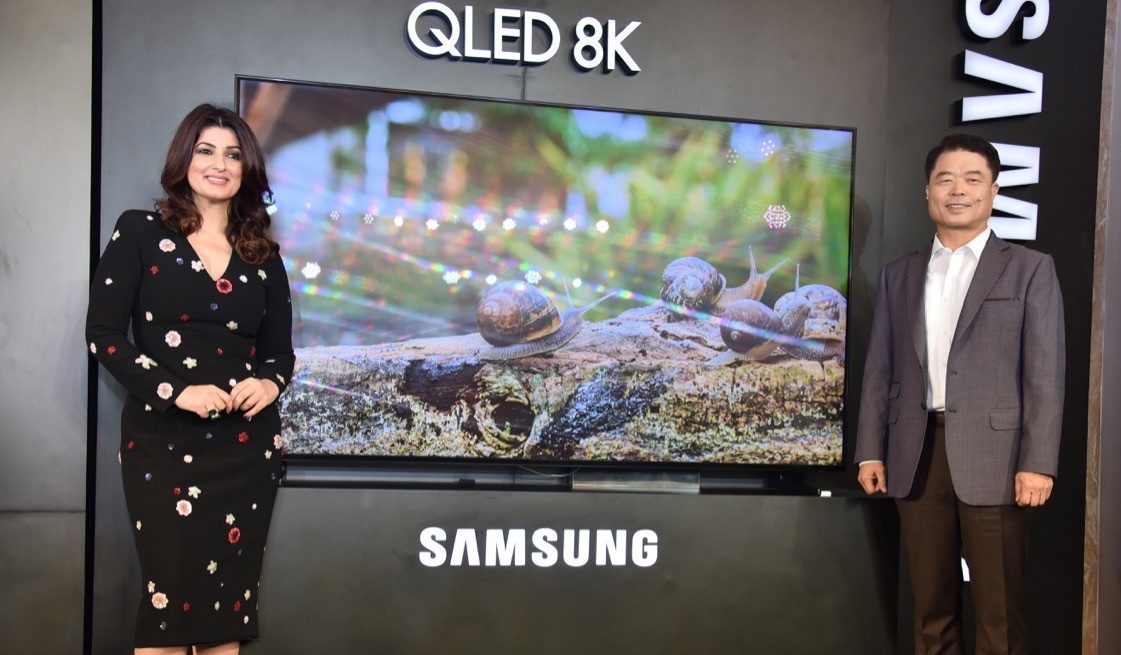In a joint statement, Qualcomm, Samsung, and Huawei have backed MPEG-5 EVC as the ‘next-generation codec for 4K and 8K streaming’. The new development comes at a time when AOMedia’s royalty-free AV1 codec that is backed by Google, Apple, Facebook, Microsoft, Amazon, Netflix, and numerous other big names in the industry had started gaining traction as the next-generation standard.
Samsung is also part of the AOMedia alliance and it remains to be seen if its commitment to AV1 (that is already in use on Samsung’s 8K TVs) will be impacted in the future.
What is MPEF 5-EVC?
MPEG 5-EVC (Essential Video Coding) codec was outlined at the end of April 2020. It can reportedly be used to stream 4K, 8K, VR, AR, and HDR content at the same quality as HEVC but with up to 26% lower bit rate. This makes it suitable for use with upcoming 5G networks and related applications.
Is MPEG 5-EVC Royalty-free?
The base layer of MPEG 5-EVC will be Royalty-free, but not the enhanced layer. Qualcomm, Huawei, and Samsung hold EVC patent rights and assure to offer them at Fair, Reasonable and Non-discriminatory terms. Licensing terms will be finalized by the end of 2022.
Qualcomm should be the dominant force for EVC adoption across smartphones and other handheld devices, since it by far leads the application processor market share. Which is to say that phones with EVC codec hardware support are likely to get more popular before AV1. As of now, MediaTek Dimensity 1000 is the only chipset for phones that supports AV1 hardware decoding.
Also Read: Dual-Mode 5G is not the same as Dual-SIM 5G
MPEG is also working on VVC and LCEVC
Apart from EVC, MPEG is also working on superior VVC (Versatile Video Coding) that’s also referred to as H.266 and LCEVC( Low Complexity Enhanced Video Coding).
VVC will reduce bit-rate by 30% as compared to HEVC without any loss in quality.
LCEVC aims at reducing coding and encoding time and processing needs. The LCEVC will improve the existing codec in use- new or old – and help it perform faster. This should make it very popular for live streaming applications. LCEVC won’t require hardware support and would work on existing and upcoming devices.

I am very intrested in technology